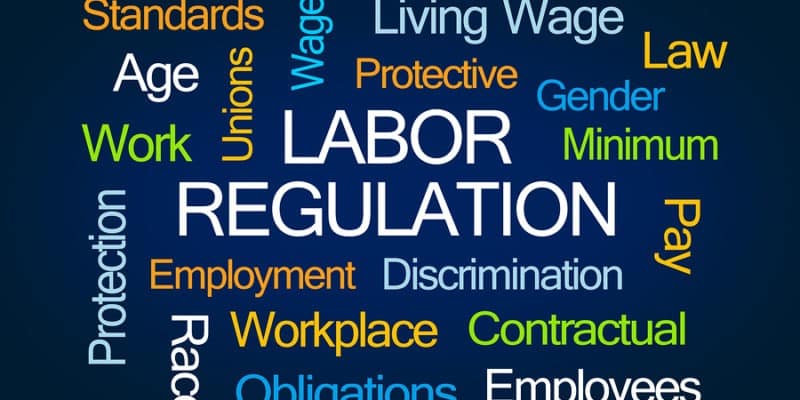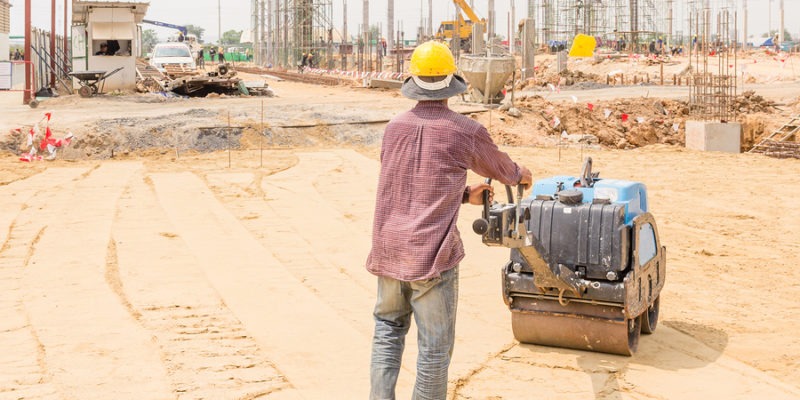By East County Today
Sep 18, 2019
SACRAMENTO – Today Governor Gavin Newsom signed into law legislation authored by California State Assemblywoman Lorena Gonzalez (D-San Diego) to restore employment status for millions of workers who have been misclassified as contractors.
Assembly Bill 5 provides clarity for businesses, workers and taxpayers in the wake of the Dynamex ruling by the California Supreme Court in 2018.
“Today, we are disrupting the status quo and taking a bold step forward to rebuild our middle class and reshape the future of workers as we know it. As one of the strongest economies in the world, California is now setting the global standard for worker protections for other states and countries to follow,” Assemblywoman Gonzalez said.
More than a million Californians have been misclassified by employers looking to cut costs at the expense of workers. Companies relying on this illegal business model decimate the state’s worker safety-net programs, undermine fair competition, and subject law-abiding businesses to unfair competition.
Ultimately, when workers without protections are laid off or cannot find work, get sick or injured on the job, or they retire, taxpayers end up bearing the costs of supporting them. The state’s Division of Labor estimates that the misclassification of workers results in an estimated annual payroll tax revenue loss of $7 billion per year.
By applying a strict test to determine who is an independent contractor and making employment status a default under the law, working Californians who have been kept off payroll as employees will gain access to basic labor rights for the first time, including rights to minimum wage, overtime, unemployment insurance, workers’ compensation, paid sick days, paid family leave, workplace protections against harassment and retaliation, and the right to form or join a union. Some of the many workers who will benefit include janitorial workers, construction workers, port truck drivers, home health aides, hotel and hospitality workers, delivery and ride-hail drivers.









